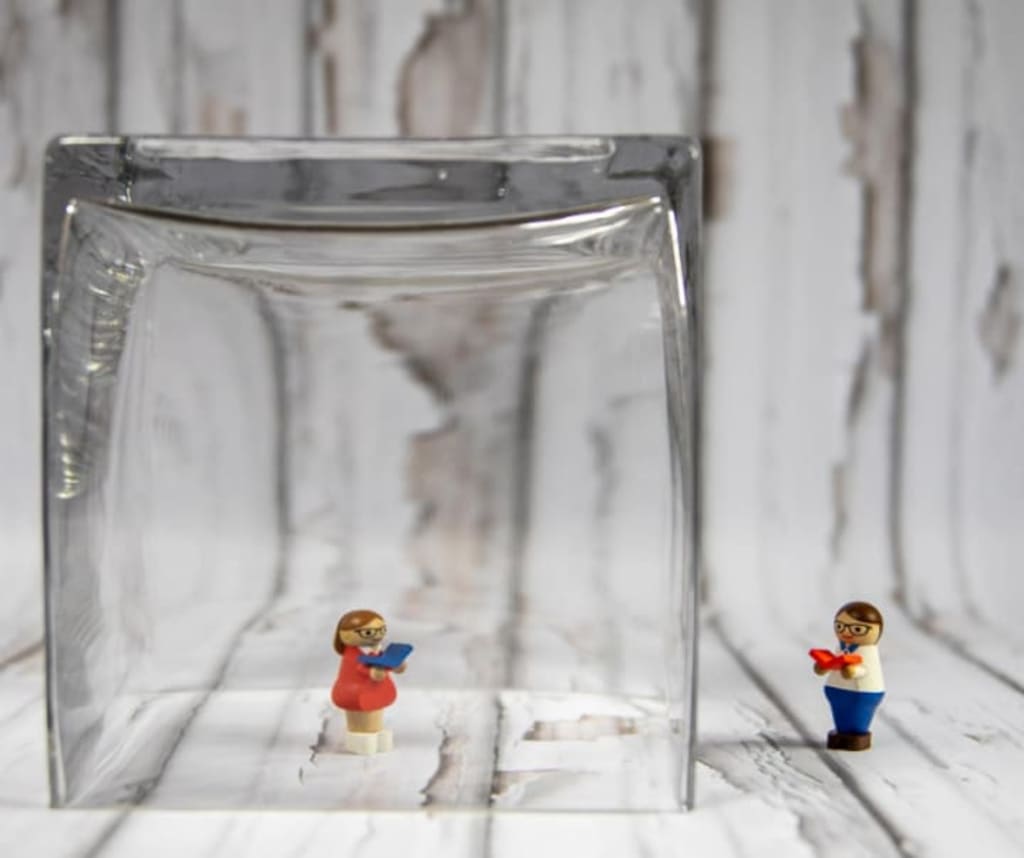
As we inch our way back towards normal life, the world as we know it has changed for most of us, at least for now.
I got lucky.
My situation wasn't affected very much. I temporarily closed my business, but our government supplemented people who lost their jobs, even self-employed people like me. I received about half my wage, but it was enough.
My husband is an essential worker, so he kept working.
Isolation wasn't a big deal for me, and the thought of it didn't bother me. I was at a point where I could use the break, so I looked forward to it.
I'm a homebody and introvert by nature, so life went on pretty much as usual.
Sort of.
In the "before times," my daughter and I would go thrifting after work quite often.
We had our ritual.
We'd get coffee and hot chocolate and then set out.
We'd go amongst four stores for our treasure hunts, and we'd do this usually 2–3 times a week. I'd go farther afield to thrift stores in neighboring cities on the weekends. In summer, I'd visit garage sales.
I didn't realize how important these little outings were until they stopped.
Giving up these little trips affected me more than I thought it would.
Since I don't see my friends often, that didn't change, so I didn't miss them.
It was the contact with people who work in the places I frequent I missed the most.
That surprised me.
It would never have occurred to me that I'd care about not seeing people I don't know.
But we all have a secondary social web.
It's a no man's land of people who aren't strangers or friends, and they're not even acquaintances. The relationship stops just short, and we barely acknowledge it, but it's always there running in the background. These people who filter in and out of our lives, however briefly, still affect us.
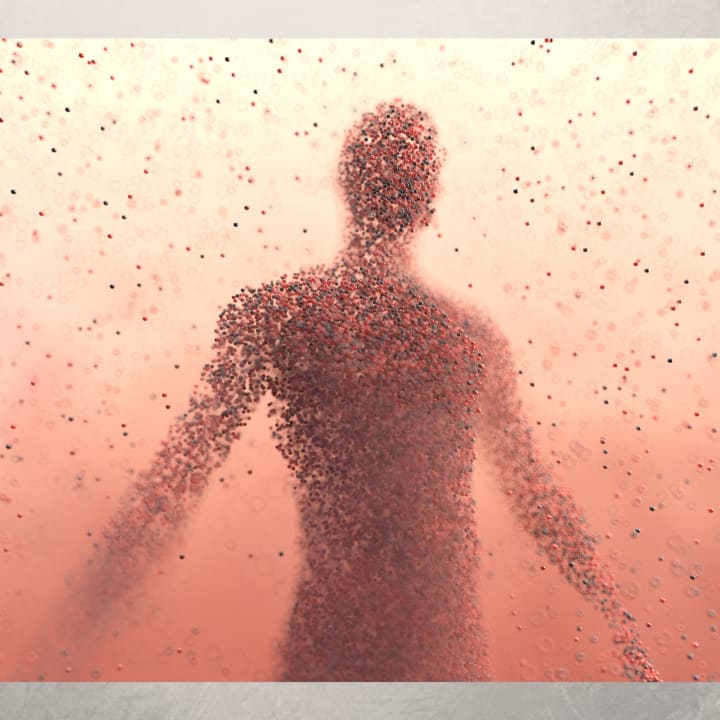
There might be a guy in your building that you nod to every day, a store clerk, or a barista where you get your coffee that you see regularly. You might have a friendly little chat with each of these people every day or every week, and you probably don't even realize you look forward to it or how it anchors you.
As people struggled through those difficult first months of change, I'm convinced an unconscious longing for those unnoticed anchors was part of the problem for many.
Secondary social interaction keeps us planted firmly in the framework of our lives, and it reminds us of who we are and keeps us in context. We become slightly less tethered to reality when we lose the outside world.
Lack of structure and freedom can be liberating in small doses. We all look forward to the weekend. But when stretched out over long periods, it begins to wear thin.
It took less than a week of self-isolation for me to begin to crave the routine and structure of my everyday life. That included my work.
I run a home daycare, so I understand the importance of structure and routine for toddlers. It orients them, keeps them calm, and makes them feel safe. They build their world on the foundation of the patterns they live by.
We all do.
Since I create tight, consistent routines for the children, my life is also very structured during the week.
In theory, being freed from my workday should have freed me to pursue my goals and dreams. But it wasn't as easy as I thought to use that extra time productively.
I thought the more free time I had, the more focussed I'd be.
As a writer, I had this fantasy of how much I'd do if I could practice my craft full-time.
But surprisingly, it wasn't the case.
All that free time left me unfocused and rambling. More free time caused more procrastination, more aimlessness.
When you're pressed for time, every moment counts. When all you have is time, a lot of it gets wasted because it's not precious anymore.
COVID turned life upside down for me and created a Bizarro world where time had no meaning because there was nothing attached to it.
Things I thought I'd enjoy the most, I didn't, and I missed what barely registered before.
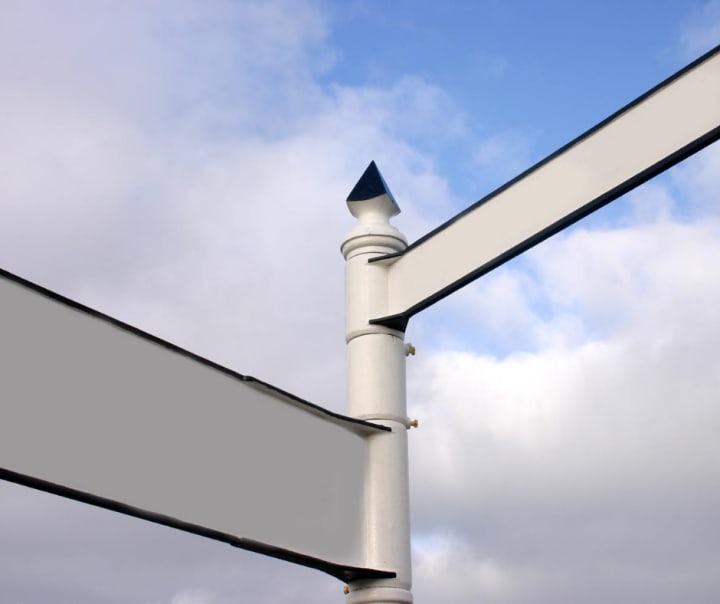
I missed people I barely knew and became oddly disoriented in my newfound freedom.
There was a lot of emotional distress during those first few months of Covid. People were scared and stressed out. Jobs and lives were lost. For some, everything changed.
If you were like me and lucky enough to get through it unscathed, you might still have felt bewildered and discombobulated.
If your life subtly turned upside down and you can't figure out why you might have been missing the things on the periphery.
The silent routines and rituals that ground you in reality and tether you to the world.
Thanks for reading!
Erin King is the author ofHow To Be Wise AF: A 30-day journalling adventure to your inner Guru.
About the Creator
Erin King
Writer, musician, toddler wrangler, purveyer of common sense.




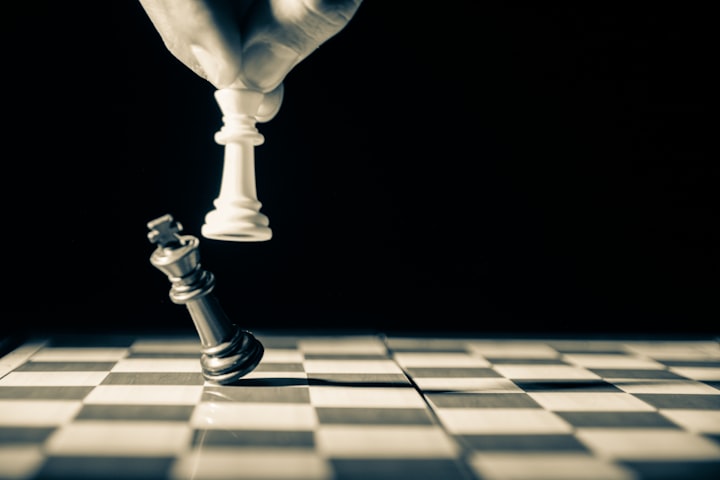
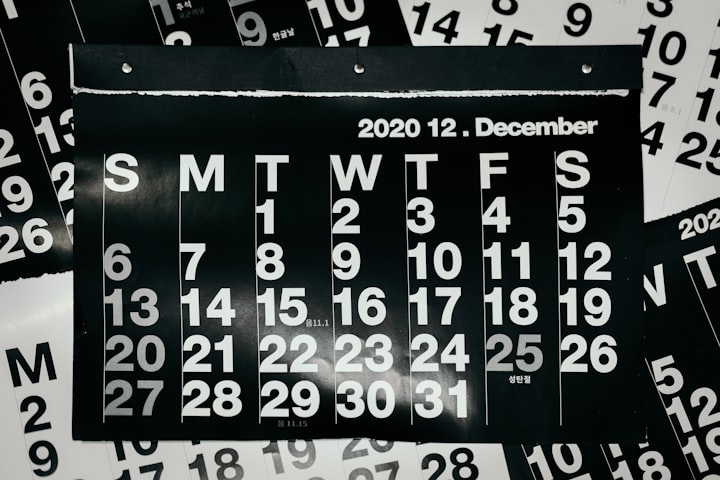
Comments
There are no comments for this story
Be the first to respond and start the conversation.